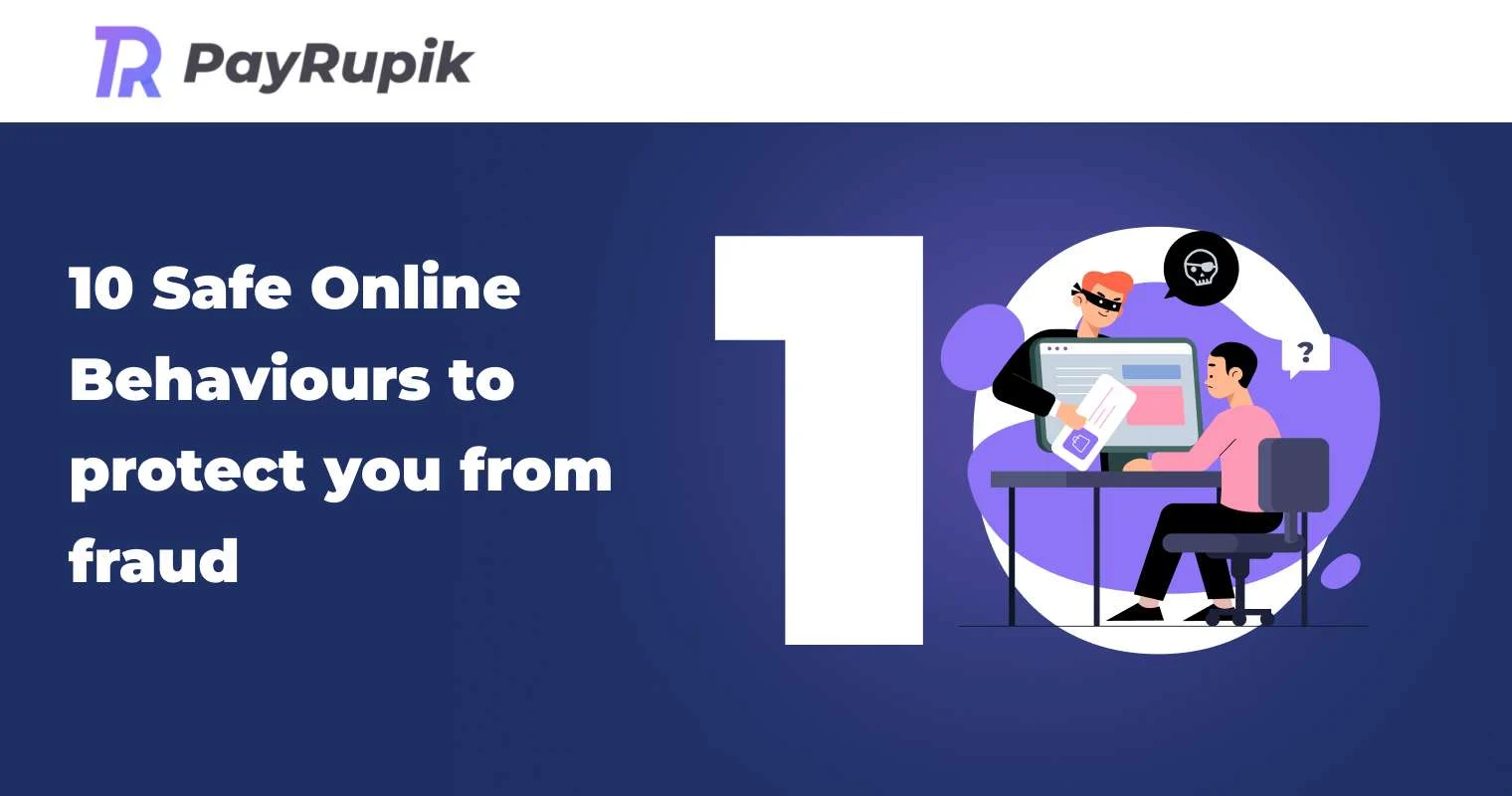Loan Approval with Low Income and High Debt: Tips That Work
- November 29, 2025

September 2, 2025
In today’s digital era, where online interactions have become a necessity, ensuring your safety in the virtual world is paramount. Cybercriminals are constantly devising new techniques to exploit vulnerabilities, putting individuals and businesses at risk. Whether it’s applying for an instant personal loan without documents or shopping online, practicing safe online behaviours can protect your personal and financial information.
This blog provides actionable cybersecurity tips for users on online fraud prevention, internet safety tips, and digital fraud protection to help you navigate the digital world securely.
Understanding the various ways fraudsters operate is the first step toward safeguarding yourself. Here are the common types of online fraud you should be aware of:
Being aware of these tactics is crucial for adopting secure online practices and avoiding cyber threats.
By implementing these strategies, PayRupik prioritizes your security while offering reliable financial solutions, including personal loans for salaried individuals with low CIBIL scores.
In a world where cyber threats are ever-evolving, practicing safe online behaviours is essential to safeguard your personal and financial information. By following the 10 tips outlined in this blog, you can protect yourself from cyber fraud, enhance your internet safety, and maintain control over your digital presence.
Whether you’re managing finances, browsing the web, or applying for a loan, adopting secure online practices is a small but impactful step toward a safer online experience. Choose trusted platforms like PayRupik, where fraud prevention measures are integrated to give you peace of mind.
Should I use the same password for all my accounts?
No. Using unique passwords for each account prevents unauthorised access to multiple accounts if one password is compromised.
Is it safe to use public Wi-Fi for online banking or shopping?
Public Wi-Fi networks are generally not secure. Use a VPN or mobile data for safer transactions.
Is two-factor authentication (2FA) necessary?
Yes. 2FA adds an additional security layer, requiring a second verification step to access your account, significantly reducing hacking risks.
What is lead tracking?
Lead tracking involves monitoring and managing potential customers through tools like CRM systems to optimize marketing strategies.
Can I track leads without spending money?
Yes. Free tools like Google Analytics and manual tracking methods can help you monitor leads effectively without incurring costs.
Leave a comment